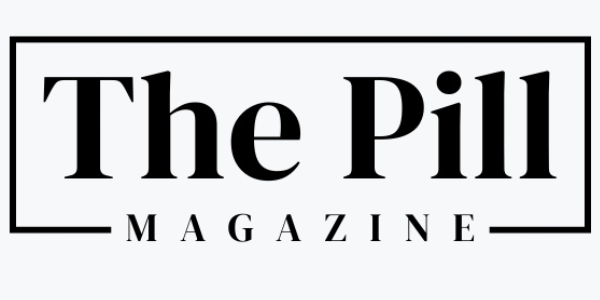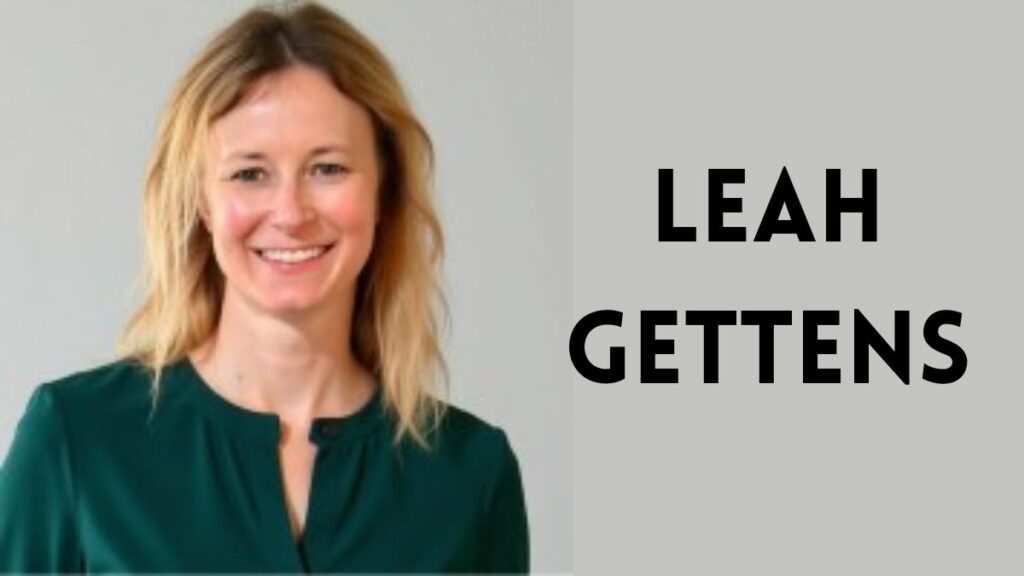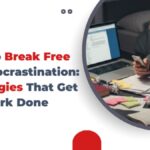In the whirlwind of digital personas and overnight influencers, it’s easy to overlook those whose impact doesn’t make the loudest noise — but carves the deepest grooves. Leah Gettens is one of those quietly potent figures. She’s not a household name — not yet — but within her spheres of influence, she’s nothing short of seismic. Her story isn’t just about one woman’s rise; it’s about grit, adaptation, and the art of staying the course when the world insists you veer off.
In this feature-length profile, we unpack the life and legacy of Leah Gettens, tracing her trajectory through the terrain of academia, activism, and quiet leadership. It’s not just a biography — it’s a manifesto on staying true to one’s values in a world of shifting narratives.
Chapter One: Roots and Reverberations
Leah Gettens didn’t arrive in the world with a silver spoon, nor did she demand one. Born into a modest family in the American Midwest during a time when women were still fighting for equitable space in boardrooms, classrooms, and political offices, Gettens grew up surrounded by a culture that valued resilience over recognition. Her parents — a school teacher and a small-business mechanic — instilled a worldview that emphasized community, education, and ethical responsibility.
Early on, Leah exhibited signs of being an intellectually curious child. Teachers often noted her ability to ask questions that made even seasoned educators pause. But it wasn’t just academic intelligence that defined her. Friends from her youth recall her as someone who was profoundly empathetic — a natural listener and mediator. This blend of sharp intellect and deep emotional intelligence would later become the cornerstone of her personal and professional philosophy.
Chapter Two: The Scholar Emerges
It was during her years at Oberlin College — a campus with a history steeped in social justice and progressive thought — that Leah Gettens began to shape the contours of her identity. Studying sociology and gender studies, she found herself captivated by the complex intersections between class, race, and identity.
She wasn’t the loudest activist on campus, but she was often the one organizing behind the scenes — designing reading lists for teach-ins, moderating community panels, and facilitating peer support circles. Her approach was collaborative and inclusive, often placing others at the forefront while she operated from the edges, guiding but never dominating.
Her senior thesis, “Margins in Motion: Understanding Systemic Invisibility in Higher Education,” was an early indicator of her knack for nuanced inquiry. The paper earned her national recognition and publication in an academic journal — a rare achievement for an undergraduate. It was a harbinger of things to come.
Chapter Three: Academia and Advocacy — A Tightrope Walk
After college, Leah Gettens pursued a Ph.D. at the University of Michigan, where she continued to interrogate the structures of power that create and sustain inequality. Her doctoral dissertation focused on institutional marginalization and the invisible labor of women of color in academic spaces — a topic she didn’t just research, but lived.
Her time in graduate school was formative but also taxing. As a Black woman navigating the layered microaggressions and gatekeeping that still plague many elite institutions, Gettens often had to fight for legitimacy in rooms that were quick to question her presence. But instead of retreating, she recalibrated. She began writing op-eds for The Chronicle of Higher Education and speaking at national conferences about the need for radical empathy in pedagogical spaces.
Her voice, though calm and precise, carried weight. Soon, Leah Gettens became a sought-after consultant for diversity and equity initiatives at universities across the U.S., advocating for inclusive hiring practices, culturally competent curriculum design, and the dismantling of tokenistic “diversity hires.”
Chapter Four: The Quiet Power of Public Scholarship
While many of her contemporaries raced to build personal brands, Leah Gettens leaned into what she calls “relational scholarship.” Her belief? Knowledge means little if it’s not accessible to the communities it aims to serve.
To that end, she launched The People’s Syllabus, a digital platform offering free, community-curated reading lists, discussion questions, and audio essays on topics ranging from environmental racism to trans rights in education.
The site caught fire in activist and academic circles alike, receiving endorsements from professors, high school teachers, and grassroots organizers. Yet, Gettens refused to monetize the platform. “Liberation isn’t for sale,” she wrote in a pinned statement on the site. “And education shouldn’t be either.”
This was quintessential Leah: uncompromising, quietly radical, and deeply principled.
Chapter Five: Beyond the Ivory Tower
As her reputation grew, Leah Gettens began turning down tenure-track offers at several Ivy League universities. Her reasoning? She didn’t want to be tethered to institutions that still hadn’t made space for authentic transformation. Instead, she chose to embed herself within community colleges, public school systems, and nonprofit coalitions.
Her work extended to rural communities, prison education programs, and Indigenous learning centers. She facilitated trauma-informed pedagogy workshops for teachers burnt out from systems that chewed them up and offered little support in return. She co-authored toolkits for creating affirming classrooms for LGBTQ+ students. She even collaborated with policymakers to reshape sex education curricula in three states.
And she did it all without seeking the spotlight.
Chapter Six: Controversy, Critique, and Character
Any figure worth their salt will face pushback, and Leah Gettens is no exception. Her critique of performative allyship in academia drew ire from several well-known scholars. Some labeled her a “disruptor” — a term usually meant to celebrate Silicon Valley wunderkinds but used here as a veiled insult.
There were also moments when her refusal to compromise came at a cost. A major publishing deal fell through when she declined to allow editorial changes that softened her stance on the role of capitalism in educational inequity. She later self-published the manuscript, Blueprints for a Broken System, which went on to sell 30,000+ copies through word-of-mouth and social media — a stunning feat for an academic text.
The message was clear: Leah Gettens was playing the long game. She didn’t want accolades. She wanted change.
Chapter Seven: Legacy in Motion
As of 2025, Leah Gettens continues to work at the intersection of education, justice, and healing. She’s currently the founder and director of The Narrative Reclamation Project, a storytelling initiative that centers the voices of marginalized students and educators, offering them tools to tell their truths in their own ways — through zines, podcasts, poetry, and more.
She’s also mentoring a new generation of scholar-activists — many of whom credit her with giving them the confidence to speak up, stand firm, and stay soft in a world that demands hardness.
Unlike many of her peers, Gettens doesn’t rely on social media for validation. Her Instagram is private. Her X account (formerly Twitter) is inactive. She rarely does interviews. Her power lies in the work — and in the ripple effects it creates.
Chapter Eight: Why Leah Gettens Matters
In an age obsessed with optics, Leah Gettens reminds us of the importance of integrity. Her life is a case study in slow-burning, sustainable activism. While others build empires of ego, she builds bridges of understanding. While others chase fame, she crafts futures.
She is, quite simply, a new kind of leader: one who rejects the spotlight but commands attention. One who insists on complexity when the world craves simplicity. One who understands that revolutions aren’t always televised — sometimes, they’re whispered across community circles, written into syllabi, or etched into the margins of a well-worn textbook.
If Leah Gettens isn’t a household name yet, perhaps that’s the point. Her influence doesn’t live in headlines. It lives in classrooms. In conversations. In change.
Final Reflections: What We Learn From Leah Gettens
To speak of Leah Gettens is to speak of quiet resistance, academic rigor, and deep, unwavering care. Her journey teaches us that impact isn’t about volume — it’s about depth. That true leadership isn’t about commanding attention, but commanding respect. And that staying grounded, even when everything pulls you upward or outward, is itself a radical act.
She is, in every sense, the kind of changemaker we need more of — one who walks the talk, centers the marginalized, and believes deeply in the possibilities of a more just world.
And in the end, that’s the legacy Leah Gettens is building: not one of spectacle, but of substance.






